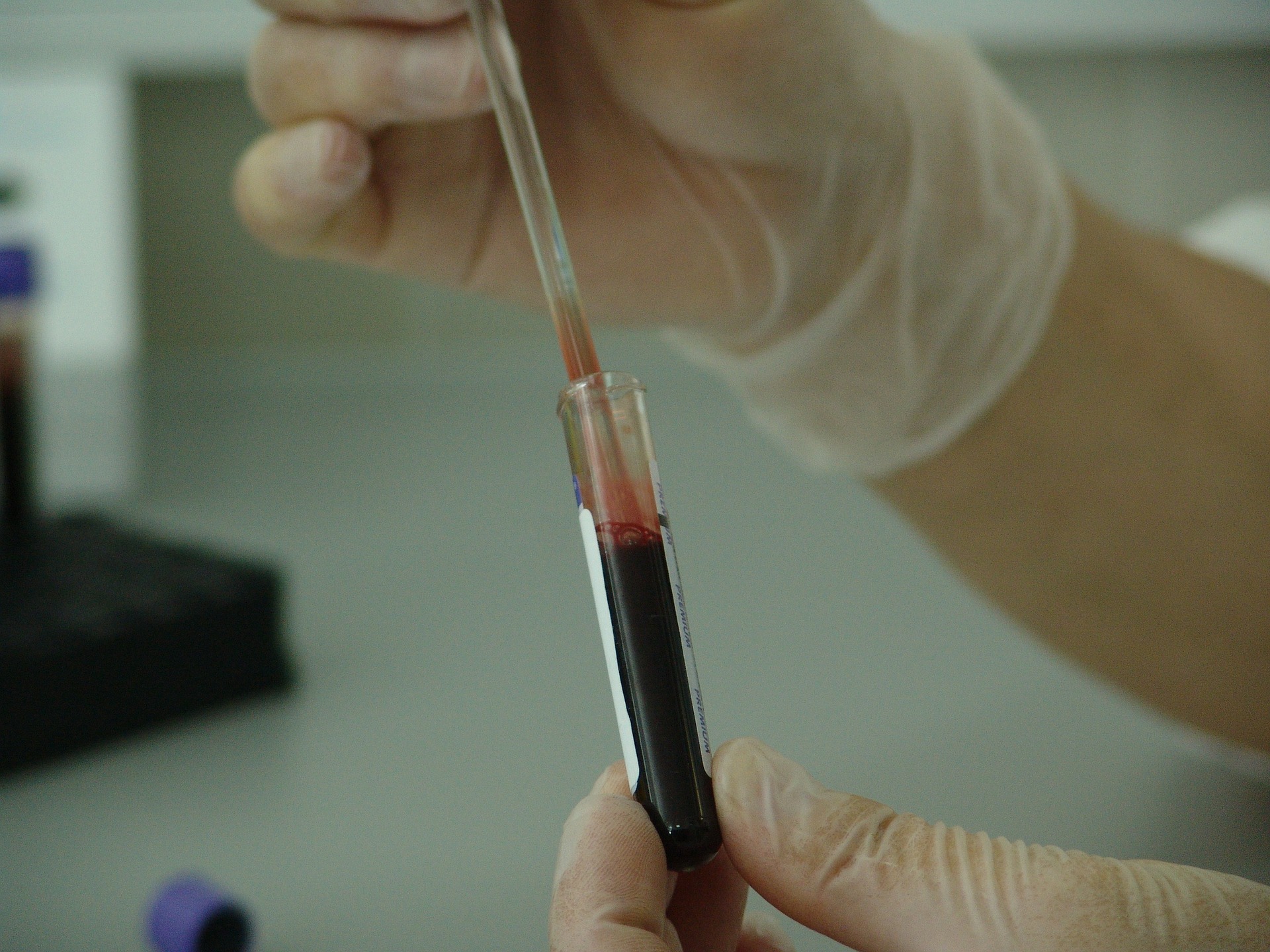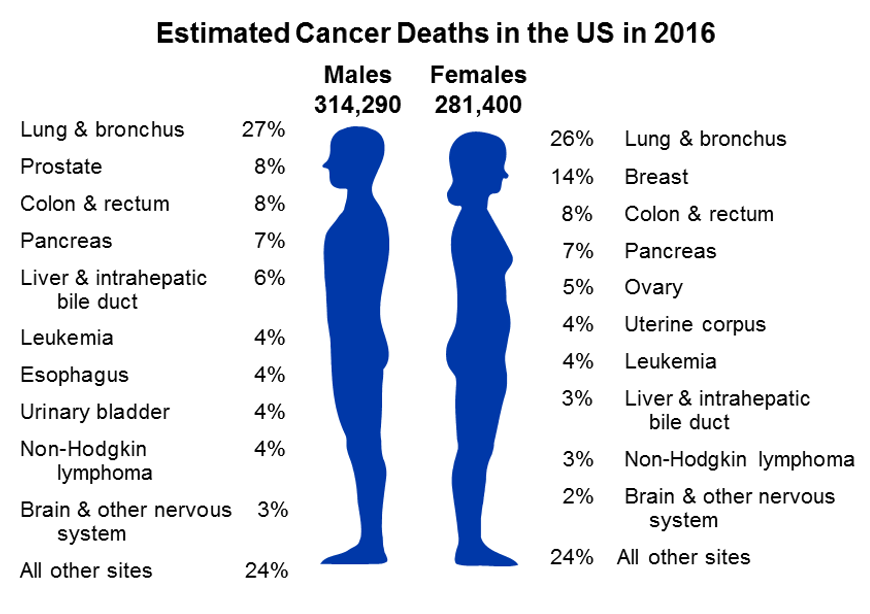
[ A guest post by Bob Hand ]
Despite advancements in medical technology, cancer remains a major obstacle in healthcare around the world. In fact, the problem is worse now than it has been in the past. Over the course of the last decade, cancer-related deaths have risen by 33%. Last year, nearly 600,000 Americans died from cancer. Globally, 8.7 million people died from cancer in 2015.
European and US organizations concur: cancer research should be a global priority. Tech entrepreneurs and leaders have taken note. Silicon valley companies like Microsoft, NVIDIA, and IBM are prioritizing the search for a cure for cancer. These efforts take the form of many different projects, including innovations in A.I., individualized treatment plans, and fitness trackers.
Research Cancer: Artificial Intelligence
One example of such a project is the Cancer Distributed Learning Environment (CANDLE), created by NVIDIA in conjunction with the National Cancer Institute. The researchers behind CANDLE describe it as a “comprehensive cancer surveillance database”. It could lead to a revolution in the way that cancer diagnoses are made.
The solution to more efficient cancer research is machine learning.
The project is an AI-based system that collects data on people with cancer. It is able to analyze the DNA of these patients, then determine the factors that make people predisposed to cancer. Then, examining other medical records, it is able to identify people who are at-risk for developing cancer. This project enables early diagnoses, which can greatly improve the chances of successful treatment.
Treat Cancer: Individualized Treatment Plans
Another project aimed at stopping cancer is underway in Microsoft’s research lab in Cambridge, UK. One of the ongoing studies at this lab involves the use of algorithms to help researchers to understand how cancer progresses, and what treatments will be most effective in each case.
Currently, cancer treatment is an extremely arduous process. A wide variety of medications are used simultaneously, since it is often unclear which particular ones are needed to stop the progress of cancer in any given case. As a result, side effects like fatigue, pain, and “chemo brain” are common in cancer treatment.
However, if Microsoft’s efforts are successful, the data collected by this study could be used to create individualized treatment plans. With a deeper understanding of why cancer progresses as it does, doctors could prescribe only the medications that are needed — which could alleviate these side effects. Furthermore, this would lead to a decreased cost of medical care, which could be a boon to less-affluent patients who are suffering health insurance penalties.
Monitor Patients: Fitness Trackers
Some researchers in Houston, TX have been using fitness trackers to monitor cancer patients. These devices include accelerometers and heart rate sensors. While the cost of fitness trackers might seem too high for practical use, one researcher reasoned, “if (these trackers) prevent one or two hospitalizations during radiation therapy, (they can) save tens of thousands of dollars.” But what is the purpose of collecting data about patients?
Fitness trackers allow doctors to gather actionable data which can be used to reach treatment goals. Doctors could ensure that patients are following through with medical advice. Problems can be detected and prescriptions could be created remotely, without a costly visit to the doctor. Of course, if symptoms resurface during the day, the hospital could have immediate access to this information. If circumstances call for it, this would lead to a quicker consultation with a doctor to remedy the situation.
Although cancer rates are increasing over time, innovations in healthcare technology could address the problem in the near future. Technological leaders have shown an increased dedication towards finding a cure. The research of today will shape the way that we prevent, monitor, and treat cancer in the future.

